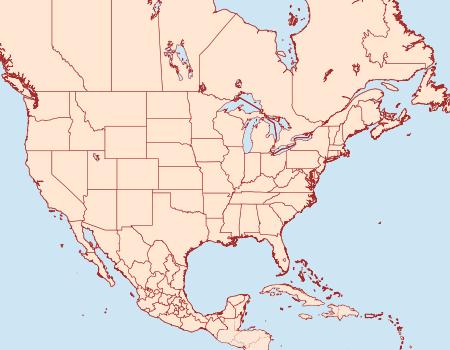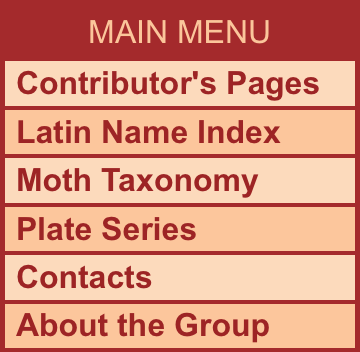990396n –
19396 glycinivorella
Obraztsov, 1960
|
|
|
| Photographs are the copyrighted property of each photographer listed. Contact individual photographers for permission to use for any purpose. |

Large Map & Chart
Report Errors
About Maps
|
| Distribution: |
China, Japan, and Korea; not found in North America north of Mexico. |
Seasonality
and Size: |
One generation per year.
Wingspan measures 13-17mm. |
Larva and
Host Plants: |
Larval hosts include representatives from the Leguminosae, the main host of importance being Glycine max (soybean).
Early instar larvae are orange-yellow, getting progressively whiter or greenish by the third instar, and orange to pink in the final instar. The prothoracic shield is brownish and the head is black.. (see references) |
Description/
Field Marks: |
Forewing mostly brown appearing to be dusted with pale yellowish-brown; some specimens can have more of these scattered pale scales that the forewing appear light grey-brown. Regardless, the wings color gets lighter towards the termen. The ocellus is marked with three black dots. Individuals can have a faint purplish hue originating from faint lines extending from the terminal strigulae to the termen. Hindwing is dark brown; hindwing fringe is white with a row of short dark brown scales at the base. |
| Similar Species: |
- Genitalic dissection can be used to distinguish L. glycinivorella from similar looking Cydia. Male L. glycinivorella possess paired scent organs on the 8th sternite (Characteristic of Leguminivora see Horak (2006)) in a pocket that consist of many short black scales not longer than the 8th segment. (see genitalia plate where one scent organ has been removed and one is exposed)
|
| Synonymy: |
glycinivorella Obraztsov, 1960 EXCL. |
|
| References (Caution: DNA barcoding at BOLD provides evidence of relatedness, not proof of identification; some BOLD specimens shown may not be sequenced.) |
- (1) Soybean Commodity-based Pest Survey, 2007. (pp. 82-86). USDA-CPHST website
- (2) Horak, M. 2006. Olethreutine moths of Australia (Lepidoptera: Tortricidae). Monographs on Australian Lepidoptera, 10, i-x, 1-522. doi:10.1111/j.1365-3113.2007.00412_3.x
- Species Page at Tortricid ID - Identification Technology Program (ITP)
|
|
Photographs are needed for this species. |




